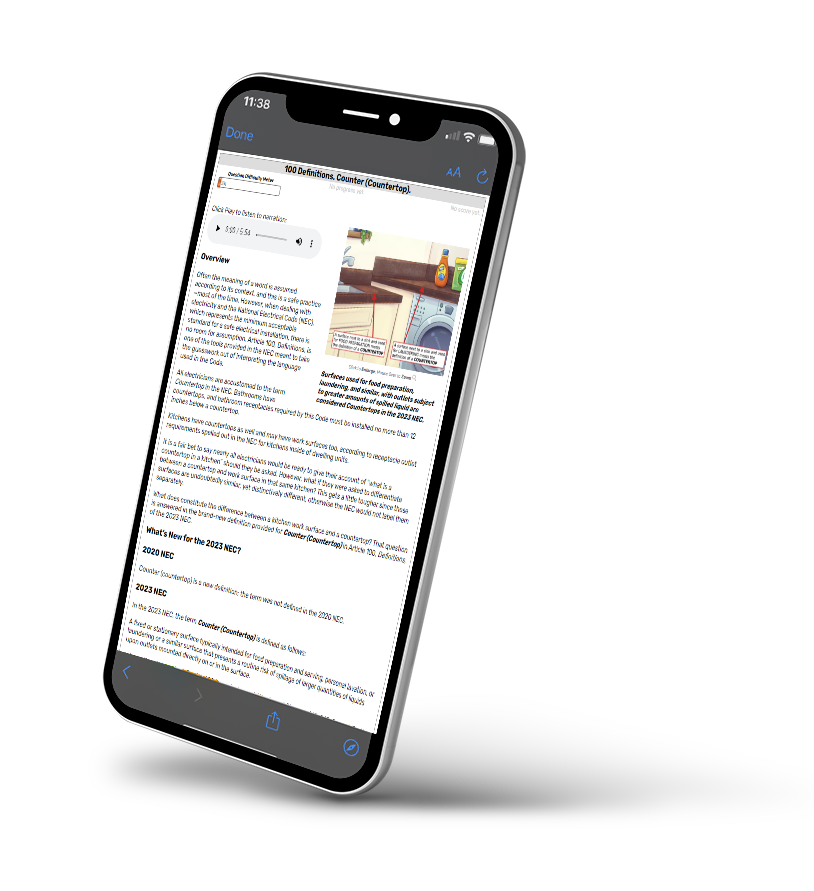The De-Centralized Central Station

By: Jon Polly | Mar 29, 2023
The outcome of the COVID-19 pandemic devastating pandemic was devastating for many, including companies that needed to send their employees home for the next 18 months or longer. After doing so, the question for these companies that require workers to sit in a building, such as call centers or monitoring stations, became “how do we continue to do business?” They, like many companies, went virtual.
Call centers, for example, sent representatives home and had them log into virtual machines that only worked during their duty hours. Supervisors could monitor employees via cameras, messaging, and call recording. The alarm industry did the same. But central monitoring stations, including UL 827-listed buildings that require redundant power, communications, backup power, and annual facility audits, had to pivot. Here’s how.
Initially, UL 827 rules were changed to allow UL-listed monitoring stations to have remote employees. The changes required primary and secondary sites to be staffed 24×7, 365 but did not require all staff to be in the building. One way for this to work was that all alarm receivers, the appliance that the alarm panels called into, were housed in the UL 827-listed central station; with all its redundancies. The central station workers went home and were able to answer calls through the magic of the internet, and no one knew that answered alarms were handled not by a person in the building, but next door.
As mentioned in a previous post, Affiliated Monitoring went 100% remote with zero disruptions in service and improved response times, while companies like Rapid Response Monitoring opted to keep employees in the office as essential employees, but acknowledged they updated their central monitoring stations with UV filtration and room sterilizers as well as changed the room layouts.
Polar Opposites
In-home monitoring has been polarizing within the alarm industry. Security industry veteran Jeff Zwirn eludes in his article for Security Sales & Integration Magazine that those central stations that went remote have deceived alarm system owners into a false sense of security, pun intended.
Mr. Zwirn makes the statement that “UL-827’s adoption of allowing central station operators to monitor from their own apartments and homes is a decision that has the potential to create unheralded liability.”
I am not here to say whether Mr. Zwirn is correct or not. But I do want to look at a number of concerns, however.
Central stations did engage UL to have the UL 827 requirements changed. Central stations, like many other companies, have obviously evaluated the need for large, costly buildings; or small buildings with remote workers. Some made the change to remote; others upgraded their facilities. Some took the opportunity to do something new to stay relevant and impactful to their clients and their employees.
Decisions
There are pros and cons to both options from both the central station and the alarm dealer’s perspective.
As a central station operation, remote operations can work if the employees respond to alarm signals in the required amount of time and if supervisors can appropriately monitor their staff. Conversely, it does not work if the culture of the monitoring station requires everyone in a centrally located building, from either technology or co-worker engagement reasons.
There is a human element as well that must be addressed from a central station. Is it possible that alarm responses are taking longer, showing a direct correlation between supervision and employee work ethic? Or are unsatisfactory home office conditions keeping employees from responding to alarms in a timely manner? These could be personnel and technology issues and must be addressed.
Josh Garner, Founder of Becklar, says “central stations who have figured out how to successfully manage at home agents are the companies who are recruiting and retaining the best talent in the industry. Central stations that don’t allow their operators some sort of a work from home option seem to either be technologically deficient or have trust and control issues.”
As an alarm dealer, it’s important to know what your preferred central station is doing. You should also consult your legal counsel to ensure the right decision for your company and your subscribers. Other important decisions include whether or not you can indemnify the chosen central station? If you cannot, you could be civilly or criminally liable if an alarm occurs. Should you include verbiage about the central station and the possibility of remote workers responding to alarm signals in the alarm contract?
Some subscribers could probably not care less if the person responding to their alarm is sitting in an audited building or in a living room, as long as the police are called. Other subscribers, however, might be concerned about potential delays in transmission and would require, sometimes by their own contracts, that all alarms are answered by staff in the audited building.
Ken Kirschenbaum, a security industry legal expert, reminds alarm dealers that “If indemnity isn’t enough to worry about, consider that it’s you, the dealer, that has contracted to provide monitoring services to your customers.”
Mr. Zwirn says “anytime an alarm company makes fundamental changes in the services contracted for, it needs to be disclosed to each subscriber so that they can make informed choices.” What this means for some alarm dealers is that they need to decide: change to a different central station or make changes to the contract used for subscribers.
In Closing
In-home central station monitoring is a polarizing topic in the security industry. But is it making a mountain out of a mole hill? It is up to each alarm dealer to determine what is best for their customers and the level of risk either the dealer or the customer is willing to accept; and then decide to use a central station that offers remote employees monitoring and dispatching signals, or a central station that is truly central. Maybe the best outcome from this is that alarm dealers have options to choose from.

